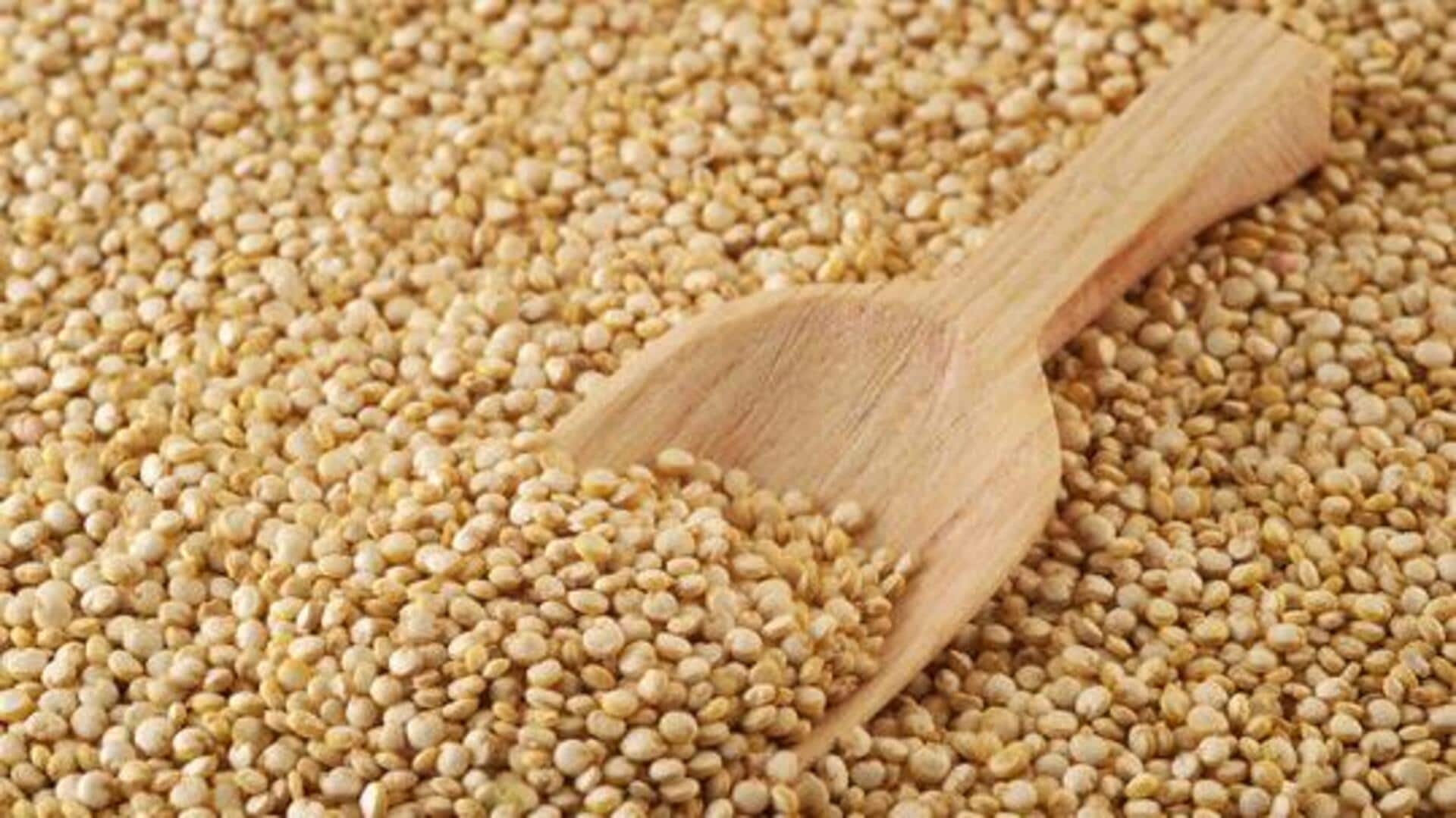
Kiwicha grain: An underrated superfood you need
What's the story
Kiwicha, an ancient grain, is making waves as a superfood from Africa. It is packed with nutrients and has been a staple in many African diets for centuries. The grain is known for its high protein content and essential amino acids, making it a great alternative to other grains. As more people turn to natural foods, kiwicha is gaining popularity for its health benefits and versatility in cooking.
#1
Nutritional benefits of kiwicha
Kiwicha is packed with essential nutrients such as iron, calcium, and magnesium. It also provides a good amount of dietary fiber that facilitates digestion and keeps cholesterol levels in check. The high protein content makes it an ideal choice for vegetarians looking for plant-based protein sources. Plus, kiwicha's low glycemic index makes it suitable for people managing blood sugar levels.
#2
Versatility in cooking
Kiwicha's versatility makes it an excellent ingredient for various dishes. It can be used as a base for salads or soups, or even added to baked goods like bread or muffins. Its mild flavor allows it to blend well with other ingredients without overpowering them. This adaptability makes kiwicha an appealing option for those looking to diversify their diet with nutritious grains.
#3
Sustainable farming practices
The cultivation of kiwicha also promotes sustainable farming practices across Africa. The grain grows well in arid conditions, requiring less water than other crops like rice or wheat. This resilience helps farmers adapt to climate change while maintaining crop yields effectively. Supporting kiwicha cultivation contributes toward sustainable agriculture efforts on the continent.
#4
Economic impact on local communities
The growing demand for kiwicha has also positively impacted local economies in Africa where it is grown. By supporting small-scale farmers who cultivate this ancient grain, communities benefit economically through increased income opportunities from both local sales and exports abroad. This economic boost aids community development initiatives across various regions on the continent.